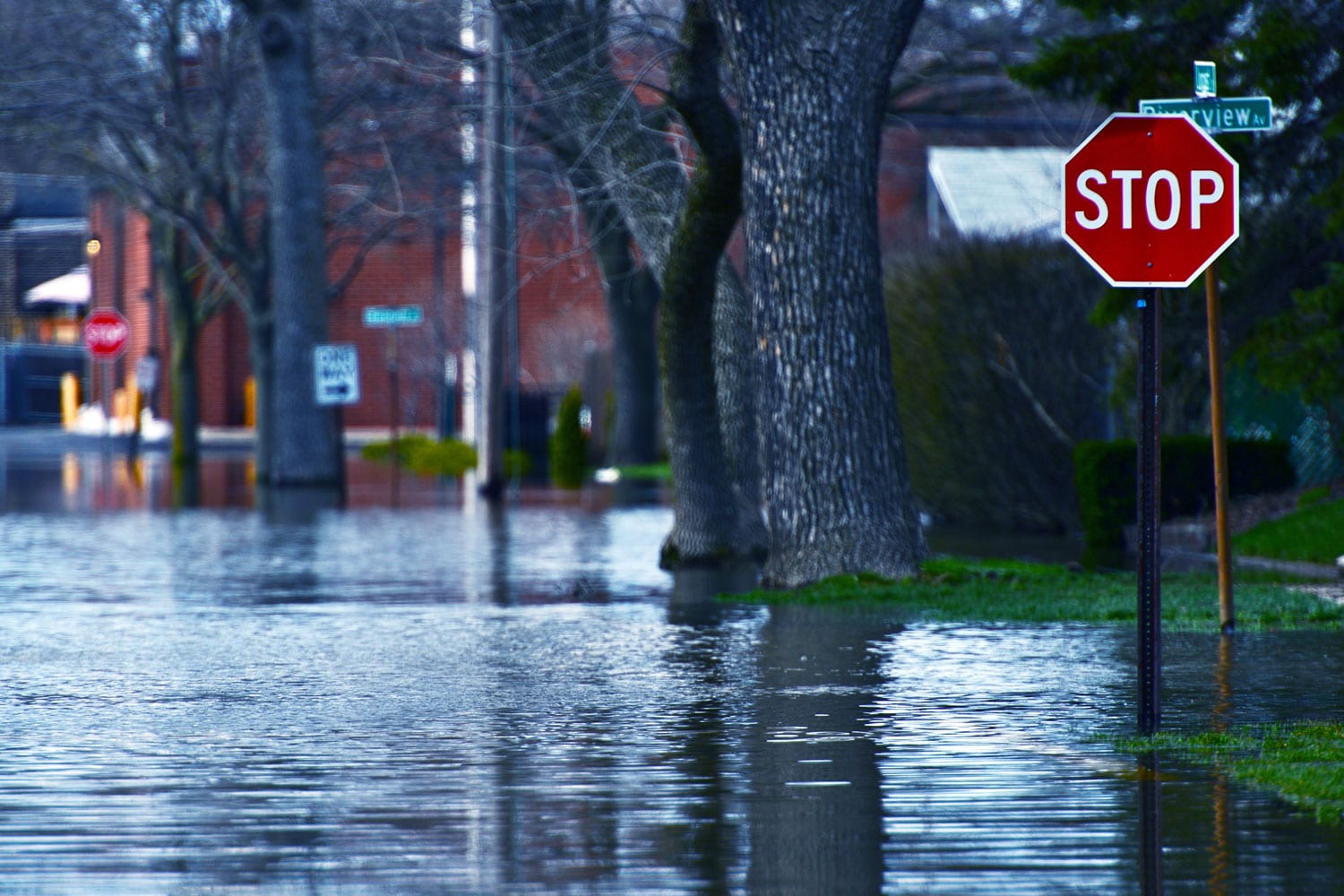Important Information to Remember Should You and Your Propane Equipment Be Caught in a Flood
A flood can happen anytime – especially in seasons of high rainfall or when snowmelt is running off into lakes, rivers, and streams. Floods can devastate towns and communities, completely submerging them underwater and damaging homes and businesses. Just as with any natural disaster, when a flood occurs your first and most prevalent thought should be to get to a safe place. The safety of you and your family should be top priority, but, there are precautions that should be taken with regards to your propane system as well. These tips will help prepare you for a flood so that should one strike, you can focus on priority number one: your family.
Precautions to Take Before a Flood Occurs
Because a natural disaster can happen anytime it is always important to have an emergency preparedness plan and kit ready to go. This plan and kit can be used for any natural disaster – not just a flood! Keeping your household informed about how to turn off your propane, electricity, and water supplies, posting a list of emergency contact information – including your local Delta Liquid Energy office and fire department, and packing up non-perishable food items and water will help everyone work as a team should you need to quickly evacuate.
The rapid pace of flood waters can dislodge a propane tank. For this reason, make sure your propane tank is anchored securely. This is a requirement of the National Fire Protection Agency and your local DLE service technicians can help with this. If your tank is not anchored, it can cause serious damage should it float away – trees, power lines, vehicles, and other heavy objects in its path are at risk. Also, there is potential for your propane tank to land on a neighbor’s property. If your propane tank does go missing during a flood, when it is safe to return to your property, call your local Delta Liquid Energy office for assistance.
It is also always important to maintain an adequate supply of propane in your tank. Should you find yourself stranded during a flood with roads to your home and farm inaccessible, your propane supply will help keep your home powered up. Keep in mind, you should only be utilizing your propane supply if your home is NOT threatened by flood waters. If local authorities have advised that flood water will reach your property, you should shut off your propane supply. Turn off the main supply valve on your propane tank (if it is safe to do so) by turning it to the right, clockwise. It is also a good idea to turn off supply valves located on individual appliances in your home. NEVER turn your propane supply back on without a certified and trained technician. These professionals should always be the responsible party for turning your propane supply back on.
Precautions to Remember During Potential Hazards
If you do find yourself stranded during a flood, certain precautions should be taken when attempting to use propane powered equipment. Never use propane appliances intended for outdoor use, indoors. These include outdoor portable heaters, barbecue grills, and portable generators. Serious risk of carbon monoxide poisoning exists when using these appliances in a non-ventilated area. Never store or place a propane cylinder indoors or in an enclosed area such as a garage, basement, shed, or tent. Never use your stove top or range as a source of space heating. Never try to modify or repair valves, regulators, or other appliance parts. Never use a power source or turn on lights while standing in water – this can cause electrocution.
When it is safe to return to your home and property, always visually inspect any structures, and your propane equipment and appliances. Then, it’s time to call your local building authority and your local Delta Liquid Energy office for formal inspections. Again, don’t try to attempt repairs on your own – leave this to the professionals! Our service technicians will assist in reinstating your propane supply when it is safe to do so.
As a final thought, always remember to use caution and sound judgement – leave your home or the area you are in immediately if you feel it is unsafe.
Additional Resources:
Flood Tips From the Propane Education and Research Council
Propane Education and Research Council’s Flood Safety Brochure
